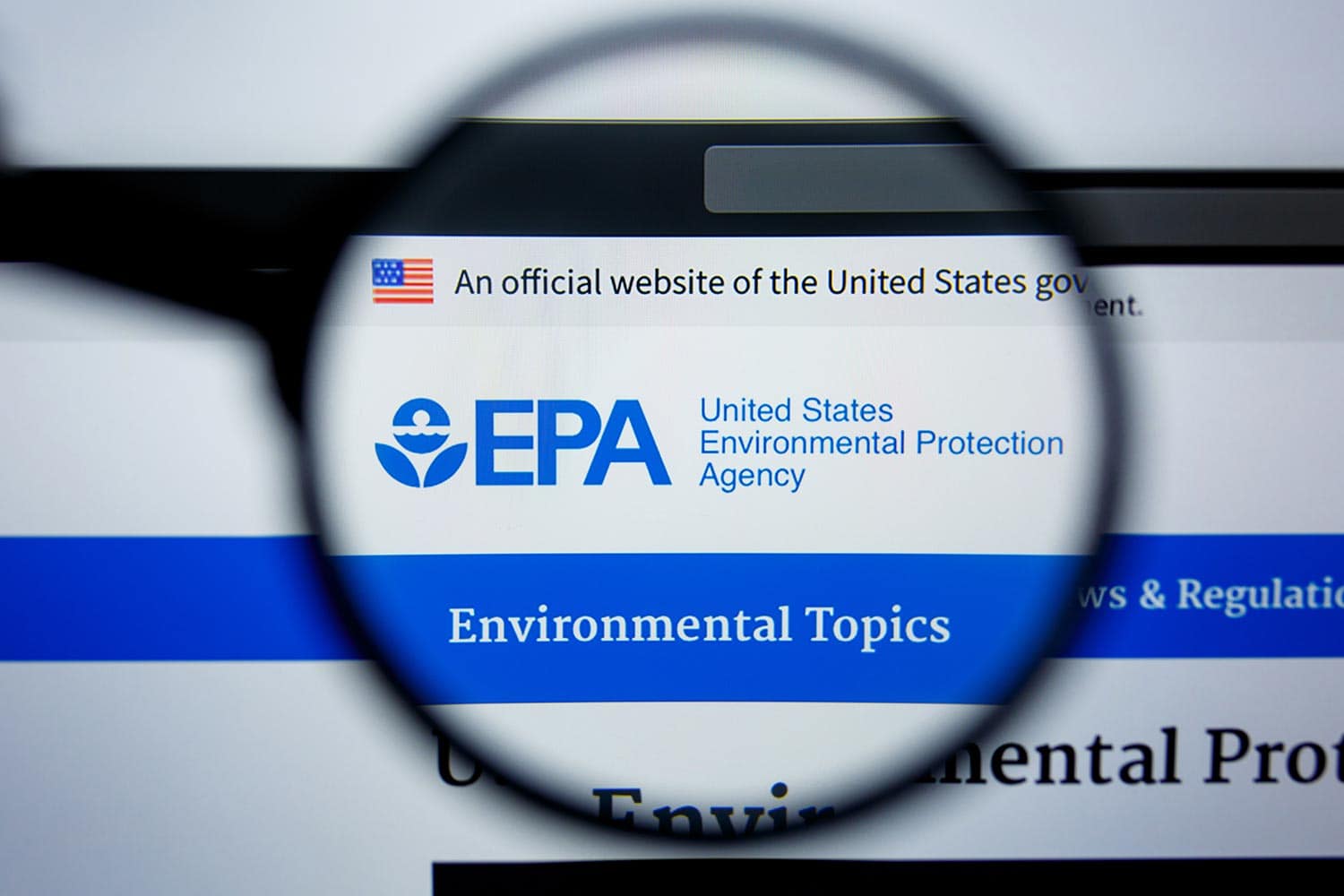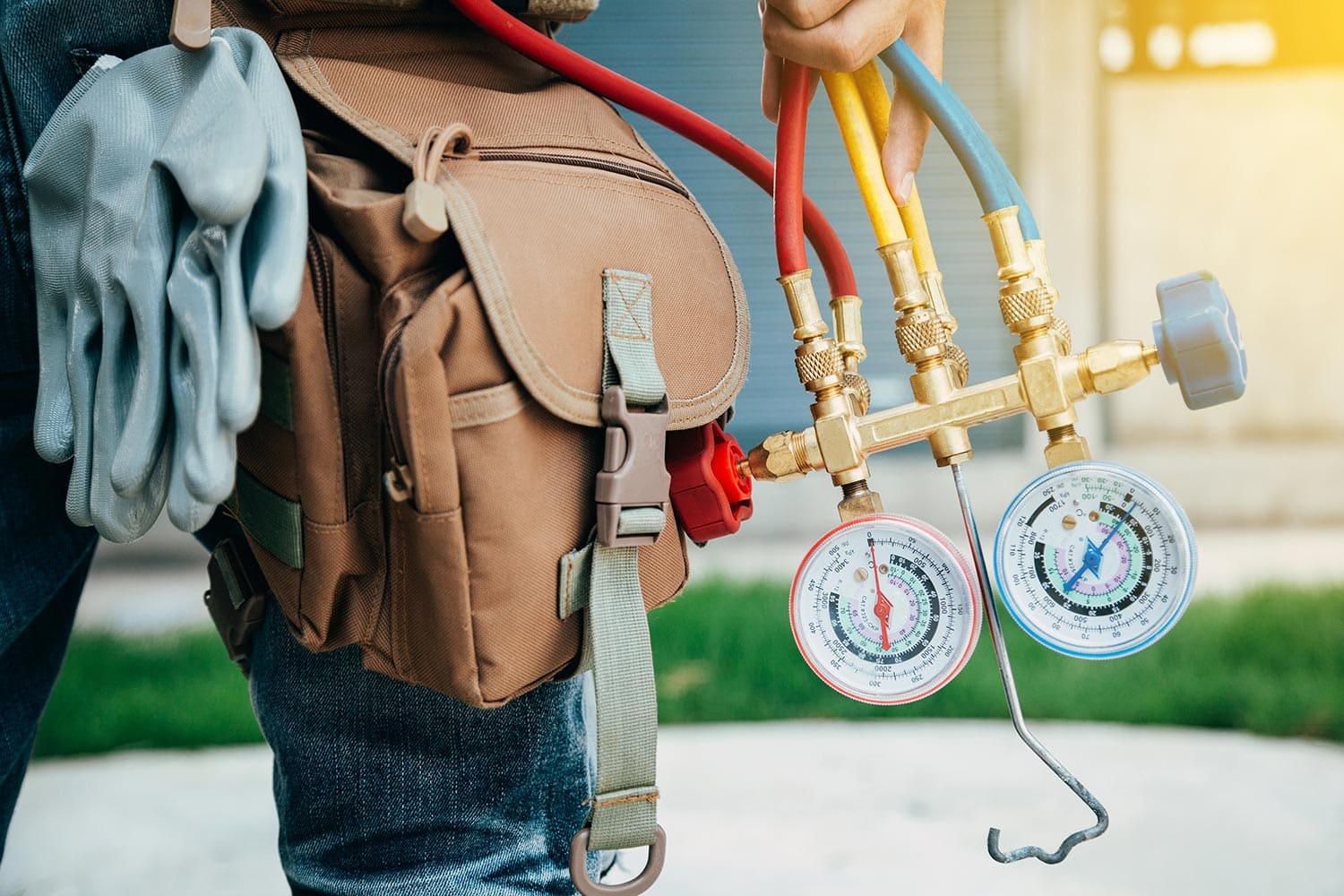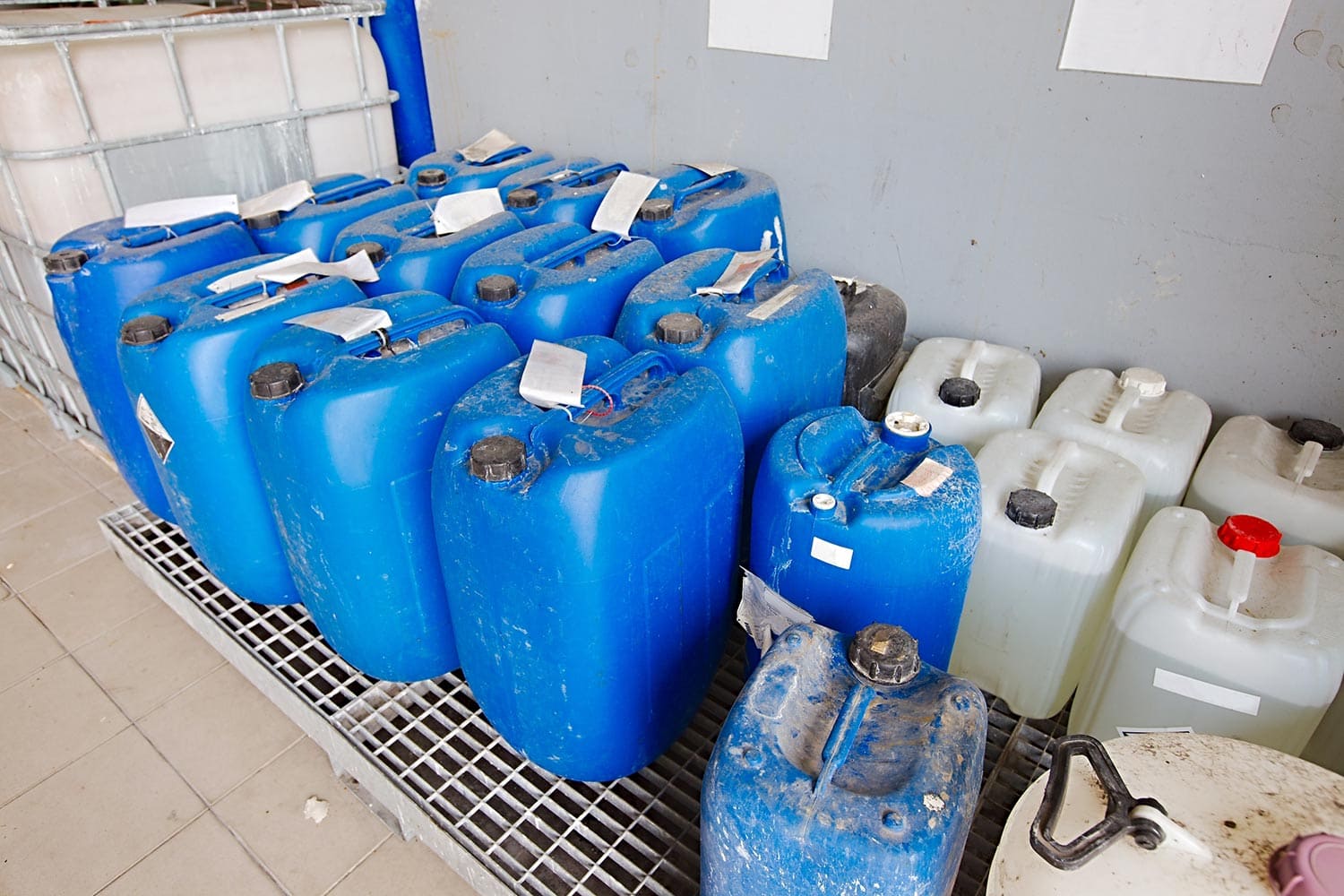As the seasons change and we enter into warmer days, you may have many home maintenance tasks on your to-do list. Perhaps removing or replacing freon in your window air conditioner unit is one. You may be wondering how to complete this chore. We've done the research to give you instructions.
To remove freon from your window air conditioner, you must contact a licensed professional. It is illegal and dangerous for refrigerant chemicals to be removed by a person who is not a Section 608 certified professional.
The technician will remove the chemical using certified refrigerant removal equipment, emptying it into a cylinder where it can be weighed and disposed of.
We've told you the best way to remove freon from your window air conditioner unit, but you may wonder why this is the case. You may also want to know more about regulations surrounding this issue. Keep reading to learn more.

Removing Freon From Your Window AC Unit
Removing freon from your window air conditioner unit may sound like an easy task for a homeowner, but it isn't so straightforward. It could even be a safety hazard, and the government has handed down strict regulations on the subject. We'll discuss the topic more here.
Who Can Do It?

Removing freon from any air conditioner unit or refrigeration system can only be done by a Section 608 certified professional. Freon is considered a Class II substance, and under Section 608 of the EPA's Clean Air Act, it must be disposed of cleanly and properly.
This is to prevent injury to the owner of the air conditioning or refrigeration unit and protect the environment from harmful gas emissions. Anyone who knowingly dispenses of this or any other Class I or Class II substance into the environment is subject to punishments by law.
If you suspect that your air conditioning unit needs to be emptied of the coolant, or if you would like the coolant to be replaced, you should contact a professional to do so.
Is Freon Dangerous?
Yes, freon can be dangerous to homeowners and others in the environment. Freon, which is a trademark name for all refrigerant chemicals, is necessary for your home to stay cool and your food to stay unspoiled, but it is only helpful within the confines of an appliance.
If it is disposed of improperly, or if it leaks, this can be pretty dangerous. For those inside the home or in very close proximity, a less severe exposure will result in dizziness, headache, and eye and throat irritation.
If a person is exposed directly to the chemical or if they have been exposed for a prolonged period of time, they will become very ill. They may suffer from vomiting, difficulty breathing, heart palpitations, and eventually could lose consciousness. The consequences could be fatal.
Of course, a potentially harmful chemical to the human body should not be released into the atmosphere. The results would be very harmful to humans as well as wildlife. This is what the EPA has resolved to prevent with the Clean Air Act.
How It's Done

The good news is that if you have regular maintenance performed on your air conditioner unit, you probably have already had the coolant removed and replaced in your appliance without your knowing.
However, if you haven't done so or if you have decided to recycle the window air conditioning unit, you will need to contact a certified professional. You can contact any trusted HVAC company to have this completed.
The technician will arrive at your home. They will disassemble and assess the unit; then, they will recover the chemicals using certified refrigerant removal equipment. This equipment has been tested and meets the EPA's requirements for safe recovery.
The chemicals will be released into a cylinder. The technician will weigh the cylinder, and he or she will take this cylinder with them to be disposed of. They will then replace the coolant if necessary. They will complete their assignment by reassembling the unit.
Where It's Disposed Of

Disposal of freon is done in one of three ways. It is either recycled, destroyed or safely stored. If recycled, the freon will be transported to an EPA-certified freon reclaimer. This company will filter and resell the chemical so that it may be used in appliances again.
Another option for disposal is for the coolant to be destroyed. Facilities have been created to do so. They use methods such as radiofrequency plasma or liquid injection incineration to destroy the chemical with the least amount of harm to the environment.
Certified professionals can also safely store the freon for quite some time, as long as they follow regulations. The cylinders in which the freon is kept must be properly labeled, stored securely, and kept away from other materials.
Disposing Of Your Window AC Unit
In some cases, you may be looking to empty the freon from the window air conditioner unit so that you can dispose of or recycle the appliance altogether. We'll answer some related questions on that subject here.
What Is The Life Expectancy Of A Window Unit AC?
On the whole, window air conditioning units are very durable and reliable machines. They are made to be so, being built with materials that will withstand harsh weather conditions throughout the year.
Check out this high-quality window air conditioner on Amazon.
Most middle to high-quality appliances are expected to last at least twenty years. Though less sophisticated than others, the economy machines will still provide reliable cool air for ten or more years.
Take a look at this economy window air conditioner on Amazon.
To get the most time out of your window air conditioning units, you must change the filters every six months. You may also provide them with professional maintenance yearly, though it is not required for these appliances.
How To Dispose Of A Window AC Unit?

If you've decided to dispose of your window air conditioner unit, a few options may be available to you. One of these is a bounty program. You can find out if there is a bounty program in your area by contacting your electricity provider.
Bounty programs are designed to encourage appliance owners to recycle their appliances safely. A recycler will pick up the appliance through these programs, and a bounty fee will be paid to the owner.
If you'd rather dispose of the appliance yourself, you should call your local sanitation department beforehand. In most cases, they will have specific instructions for you.
This might include having the coolant removed by a certified professional beforehand, as discussed above, or it may mean you transporting the appliance to a location where they will prepare the appliance for disposal themselves.
You could also contact the company which sold the window air conditioner. Many retailers will take and recycle older machines. Some will even sell a new appliance for a lower cost in exchange for the trade-in of the older machine.
Finally, you could donate or sell the window air conditioner if it still has life left. You can contact your local charities, such as Helping Hands or Habitat for Humanity. Some of these charities will pick up the appliance from your home.
In Conclusion
Window air conditioners are wonderful, inexpensive options to keep your home cool in the summer months. Since many of these machines do not require yearly professional maintenance, you may have wondered about emptying and replacing the freon in the appliance yourself.
On the other hand, you may have been looking to dispose of the appliance entirely and wondered about disposing of the coolant before doing so. Unfortunately, this isn't a task that can only be done lawfully by a Section 608 certified professional.
This is to prevent harm coming to homeowners and others in the environment from the chemical. We discussed why this was necessary and how coolant is recovered and disposed of. We hope this information is helpful to keep you safe and your home cool and comfortable.
Want to learn more about freon use and safety? Visit these related posts:
Do Central Air Conditioner Units Use Freon? [And Should You Recharge Them?]


